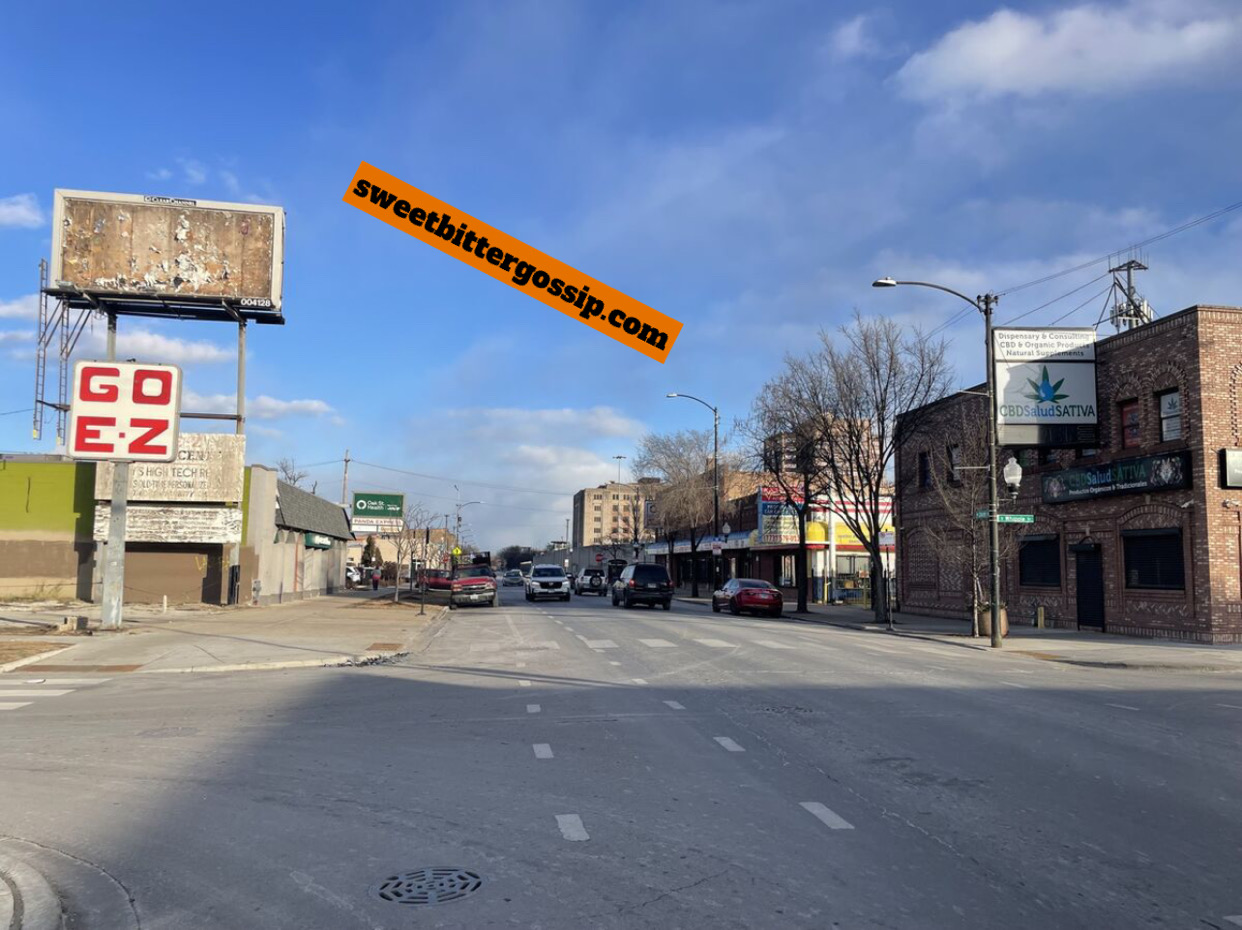Some streets in Chicago are looking noticeably different under Donald Trump’s immigration policies. Communities, especially in predominantly Hispanic neighborhoods, are retreating into the shadows as intensified raids by Immigration and Customs Enforcement (ICE) create a climate of fear among undocumented immigrants.
In Little Village, a neighborhood on the city’s south side with a large Hispanic population, streets that were once bustling with activity now appear empty. Local residents say fewer people are venturing outside, afraid they might be caught up in ICE’s latest enforcement actions.
The official focus, according to authorities, is on targeting migrant criminals. However, there is growing concern about ‘collateral arrests,’ where undocumented immigrants not initially targeted could still be detained. As a result, even those with legal status are exercising caution, unsure of how the situation may unfold.
Steve, a local resident, shared his fears for his mother, who arrived from Mexico years ago without proper documentation.
“She crossed the border to give us a better life, to get us an education,” he told Sky News. “Now she’s scared to go outside, afraid she might get picked up.”
At a community center that supports migrants, staff have ramped up security measures in response to the crackdown. The entrance gate now remains closed at all times, and workers begin each day by scanning the streets for signs of ICE officers. A notice on the front door provides guidance for migrants on what to do if ICE agents arrive.
Inside the center, Oliber, a Venezuelan migrant who is legally working in the U.S. with a valid work permit, described how fear has reshaped his daily life.
“I feel scared,” he admitted. “I used to go out every day, work any time I wanted. Now, I can’t. I’m afraid to leave my house.”
He added, “There are rumors about migrants being targeted. I worry they might catch me and deport me. My family depends on me. I don’t go out like I used to. I’m scared.”
As ICE operations continue, many undocumented immigrants—along with legal residents—remain on edge, unsure of what the future holds.

